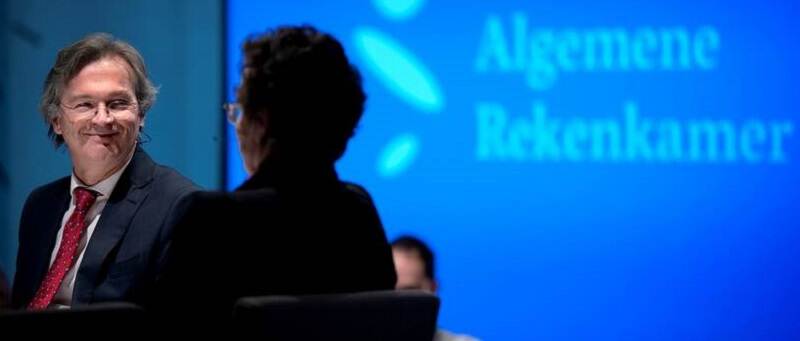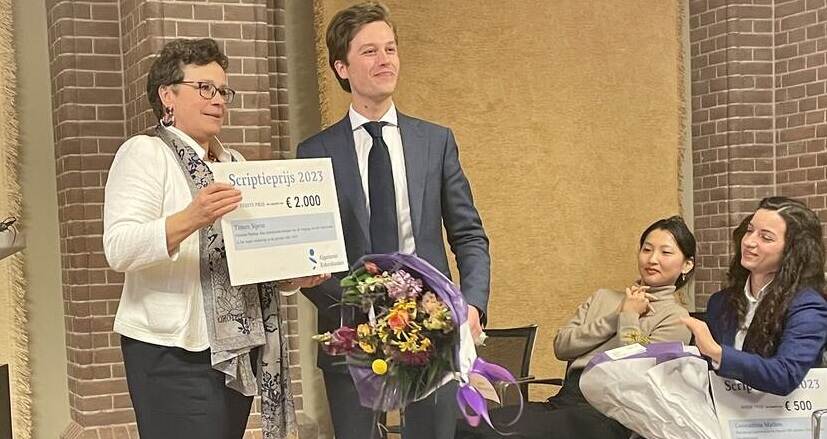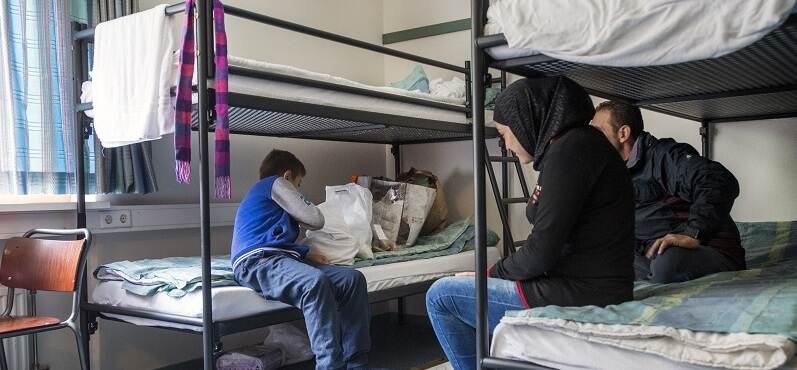Netherlands Court of Audit publishes online course on Quality Management for SAIs
he quality of work is of great importance to Supreme Audit Institutions (SAIs), as it affects their reputation and credibility, and ultimately their ability to fulfil their mandate. Ensuring the quality of their work can be a major challenge for SAIs. In this online course, developed by the Netherlands Court of Audit, you will learn more about the international principles and standards for SAIs concerning quality management of audit work and learn about possibilities to put them into practice.
Netherlands Court of Audit publishes online course on Quality Management for SAIs




